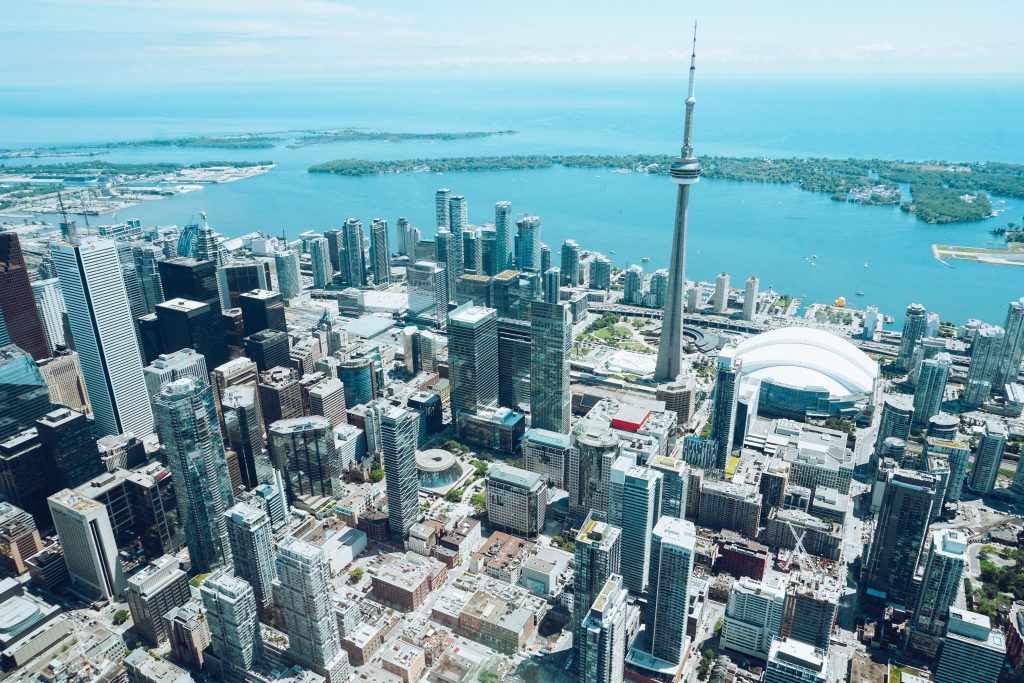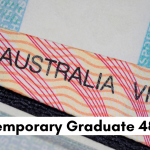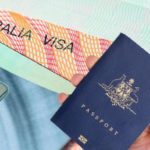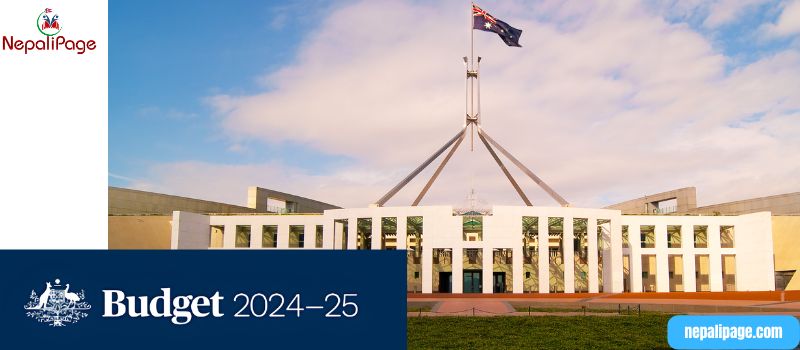Will Canada be taking in Immigration in 2022? This is the big question for international students and skilled workers eyeing to settle in Canada.
Depending on your profile or connections to the country, you can immigrate to Canada the easiest way. You should begin your immigration process now, as Canadian immigration targets are higher than ever.
It’s important to understand that there’s no single path to immigrating to Canada. Despite the ease of applying to some programs, the application process can be lengthy and involves many steps.
The result of immigrating to Canada is worth the significant investment of time and money. A positive attitude toward immigration and a high quality of life place Canada among the most desirable countries.
Here are the four most popular methods of immigrating to Canada for overseas applicants in 2022:
#1 – Express Entry
Faster and more popular than any other immigration program in Canada, Express Entry. Express Entry candidates can apply for permanent residence status in as little as six months.
Through three Express Entry streams, Canada will invite 110,500 newcomers in 2022:
- FSW (Federally Skilled Worker);
- CEC (Canadian Experience Class); and
- FST (Federally Skilled Trades)
Canada’s Comprehensive Ranking System (CRS) scores an online profile submitted as part of Express Entry.
Firstly, you must qualify for one of Canada’s three federal streams before you can submit an Express Entry profile. After that, the Canadian government invites the highest-ranking candidates to apply for permanent residence.
Some candidates eligible to submit a profile may find Express Entry the easiest way to enter the country. CRS cut-offs can prove challenging to meet in the federal draw. A province may nominate you for permanent residency simply by including you in their pool of candidates.
A single applicant will typically pay about CAD 2,300, and a couple will pay about $4,500 to immigrate to Canada through Express Entry. Family size will determine the requirement for demonstrating eligibility, which does not include settlement funds.
Read Also: Nepalese running business in Canada, know your tax brackets for 2022

#2 – Programs for provincial nominees
Overseas workers continue to be nominated for permanent residence during the pandemic.
As part of its PNP program, Canada plans to welcome 81,500 new immigrants this year.
Many nominee programs are available in Canada’s ten provinces and three territories.
Each nominee program has its eligibility requirements. Several PNPs require a connection to the province to be nominated.
On the other hand, some programs invite overseas candidates solely based on their ability to address the province’s labour market needs.
There is a different processing time for each PNP. Candidates for permanent residence in Canada must apply to the federal government after being nominated. Whether or not the PNP uses the Express Entry system will determine the time required to process a permanent residence application.
PNP applicants pay the same to immigrate to Canada as those applying through Express Entry, with some province-specific fees. PNP applications aren’t charged in several provinces; however, in others, such as Ontario, the cost can be up to CAD 1,500.
#4 – Sponsorship
A qualifying family member who is a Canadian citizen or permanent resident will likely make it easier for you to immigrate to Canada.
Families of permanent residents and citizens of Canada have the opportunity to bring their loved ones to the country through several immigration programs. Canadian programs for family sponsorship will welcome 103,500 new permanent residents this year.
Getting family sponsorship may be possible if your family members are Canadian citizens or permanent residents.
An average sponsorship fee for a relative is approximately $1,135. Quebec residents or those who intend to move to Quebec will be required to pay additional fees.
Your sponsorship application will be processed when your family member sponsors you. The processing of spousal sponsorship applications generally takes about 12 months from start to finish.

Are you ready to migrate to Canada this 2022 from Nepal?
While Canada’s Express Entry system faced various challenges this year, it still set a new record. As a result of the last three draws, we have seen more invitations to apply for Canadian residency than ever before.
A total of 102,350 invitations have been issued by the Canadian government for permanent residence by Express Entry candidates this year, up from 5,000 last week. Canada has given the most invitations through Express Entry in a single year.
More foreign nationals will immigrate to Canada through the Express Entry system than ever before in 2022.
The Canadian government has announced that 750.3 million dollars will be invested in Canada’s immigration system over the next five years. The historic immigration plan will welcome 1.2 million immigrants in the next three years.
The country will update its cumbersome and outdated paper-based Global Case Management System to a modern digital one. According to the government, this platform will improve client service, operational efficiency, and the integrity of programs.
The process for submitting documents will be simplified shortly, allowing foreign nationals to expect faster processing times.
The year 2021 looks to be a great one for Canadian immigration. It has never been a better time to consider making Canada your forever home, since the Canadian government has pledged to admit more foreign nationals than ever before.
Marco Mendicino, Canada’s immigration minister, announced an exciting new multi-year plan in October 2021, a program that will see a record number of new Canadians in 2021, 401,000, the most in history.
The COVID-19 pandemic limited immigration to Canada in 2020, prompting the federal government to set ambitious targets for the next year to aid economic recovery and make up for the low numbers.
Migrating to Canada during the COVID-19 period
Be mindful of your health and the health of others as you prepare to move to Canada. Due to this, foreigners who enter Canada without being vaccinated must be quarantined for 14 days.
Canadian border officials will require a plan for completing quarantine. Canada will not allow you to enter unless you have such a plan.
A fully vaccinated individual may be exempt from the quarantine requirement.
Many Canadians are still struggling to get back to work even though the economy is recovering. While Canada offers a host of newcomer services, some specifically tailored to finding a job in Canada, it may still be challenging to find employment at this time.











